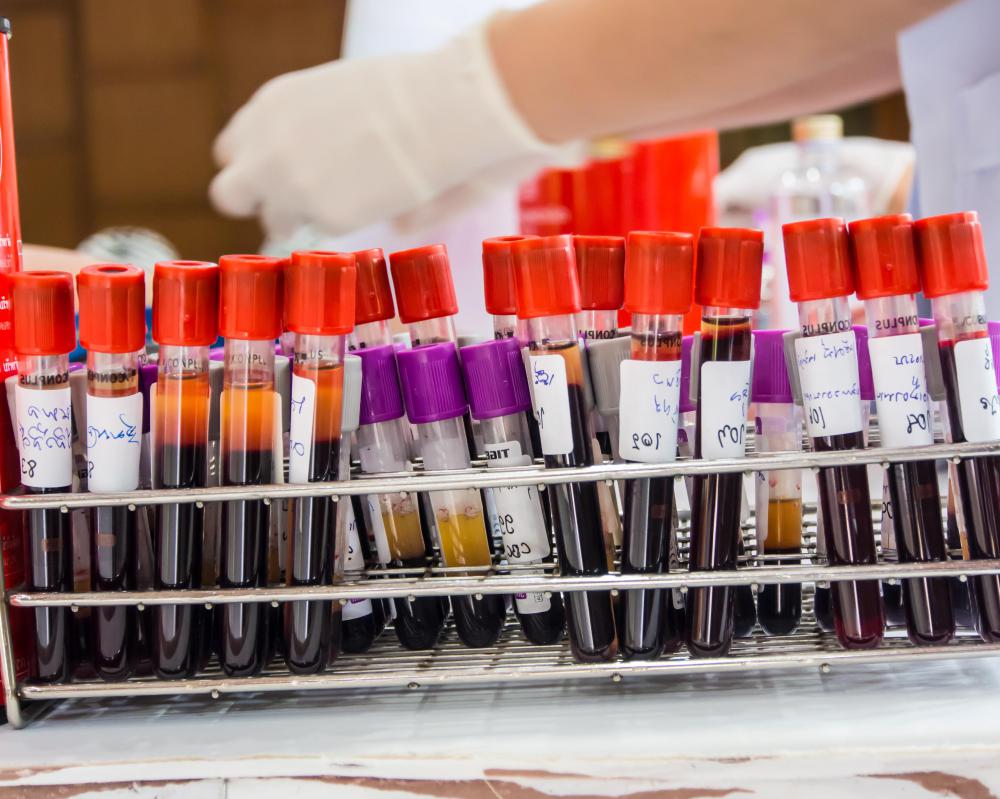At WiseGEEK, we're committed to delivering accurate, trustworthy information. Our expert-authored content is rigorously fact-checked and sourced from credible authorities. Discover how we uphold the highest standards in providing you with reliable knowledge.
How do I get an Epidemiology Degree?
Students interested in obtaining an epidemiology degree will need to attend a college or university which offers a degree in epidemiology. There are a number of applications for an epidemiology degree which a student may want to think about when preparing for school and filing applications, to ensure that he or she selects a program which will be most useful and effective. Some examples of careers in epidemiology include public health advocacy, employment with a government agency which responds to epidemics and outbreaks, and scientific journalism.
Epidemiology is the study of disease epidemics, looking at why epidemics emerge, how they spread, and ways in which they can be controlled. It requires an extensive knowledge of the sciences, as epidemiologists need to be able to study disease-causing agents, vectors of disease, and other scientific topics. It also requires sociological and anthropological skills, as epidemiologists interact with real people in communities all over the world, and it helps to have good communication skills and a sense of history when working as an epidemiologist.

The earlier someone knows that he or she is interested in a career in epidemiology, the better the preparations which can be made. High school students who know that they want an epidemiology degree should plan on taking lots of science classes so that they can hit the ground running in college. They should try to get into honors science courses, and many want to consider taking courses in the biological sciences at a junior college while in high school so that they can take care of some of their college prerequisites before applying to schools. It is also a good idea to take foreign language classes, as epidemiologists may travel to foreign countries in the course of their work, and foreign language skills may be required for an epidemiology degree from some colleges.

When applying to colleges and universities for an undergraduate degree in epidemiology, it also helps to have extracurricular activities to support the application, in addition to a strong academic record. Some extracurricular activities which can support an application include an internship in a doctor's office, hospital, or medical lab, membership in a scientific organization or club, or an internship specifically with an epidemiologist, if such an opportunity is available. Students may also want to consider volunteering with a public health department or doing public health education in their schools.

For an undergraduate epidemiology degree, a student should follow the requirements set out by the department once they get to college. Some schools offer degrees specifically in epidemiology, while others may shoehorn epidemiology into the biological sciences. Many students interested in epidemiology go on to do graduate work, which will require a graduate application to a school of public health or a school with a graduate-level epidemiology department, and preparation in the form of sufficient coursework and extracurricular experience to impress an admissions committee.
AS FEATURED ON:
AS FEATURED ON:















Discuss this Article
Post your comments